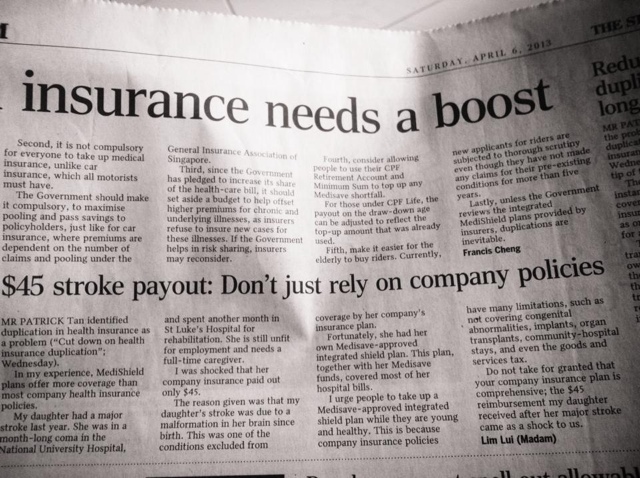How Unit Trusts Can Add Value To Savvy Investors' Portfolios
Unit Trusts (UTs) or mutual funds seem like investment vehicles for the layperson with little or no investing experience. So how do they fit into a savvy investor's portfolio? Firstly, let's examine the unique characteristics of UT investing: - UTs pool together investors' money to buy assets such as shares and bonds. This allows investors with small capital (even $100) to start investing. - There are thousands of UTs in the market, covering a variety of asset classes, geographical regions, sectors, and industries. - UTs are professionally managed by a Fund Manager, and relieve the investors of the active monitoring and trading of their investments. - UTs charge annual management fees, usually about 1 to 2 percent of the asset under management (AUM). This fee is taken out from the AUM, which cause the Net Asset Value (NAV) of the fund to go down. Most funds are priced based on their NAV, and therefore annual management fees indirectly causes the value of an inve...




